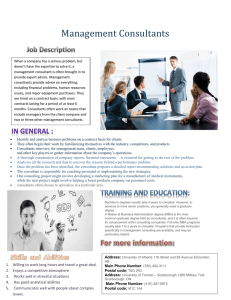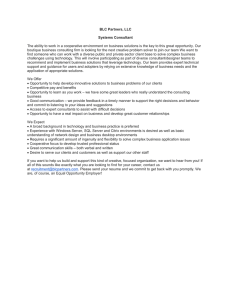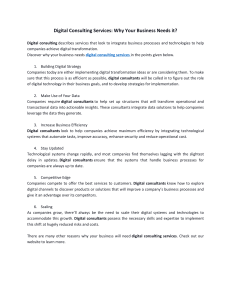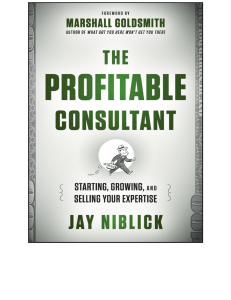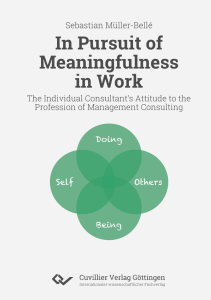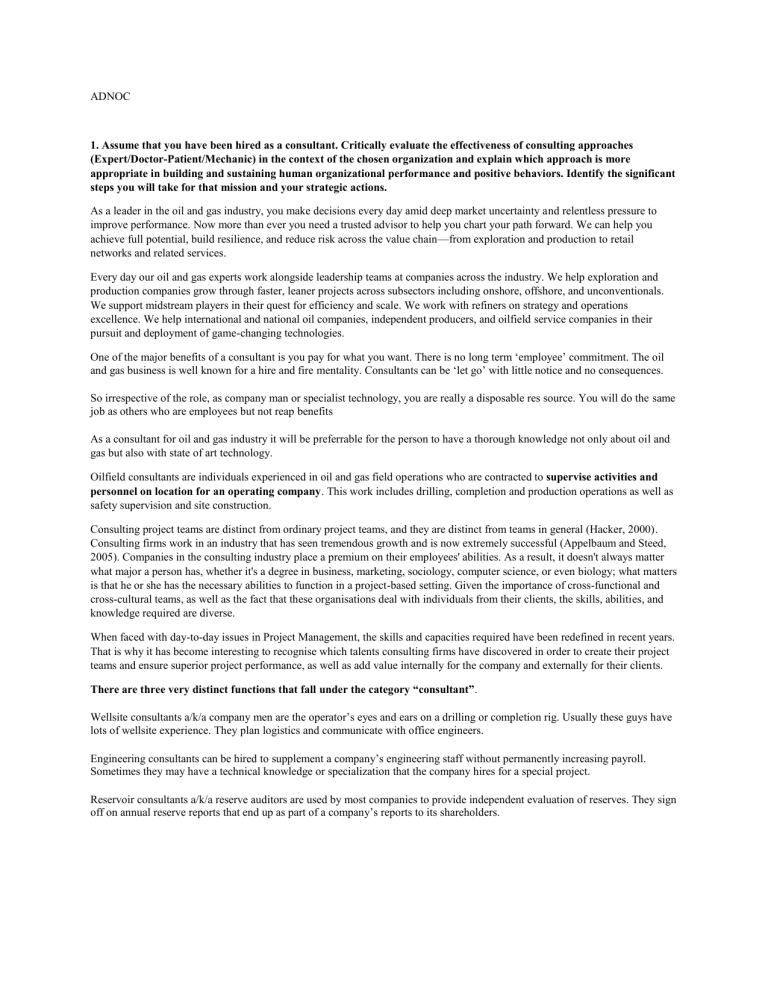
ADNOC 1. Assume that you have been hired as a consultant. Critically evaluate the effectiveness of consulting approaches (Expert/Doctor-Patient/Mechanic) in the context of the chosen organization and explain which approach is more appropriate in building and sustaining human organizational performance and positive behaviors. Identify the significant steps you will take for that mission and your strategic actions. As a leader in the oil and gas industry, you make decisions every day amid deep market uncertainty and relentless pressure to improve performance. Now more than ever you need a trusted advisor to help you chart your path forward. We can help you achieve full potential, build resilience, and reduce risk across the value chain—from exploration and production to retail networks and related services. Every day our oil and gas experts work alongside leadership teams at companies across the industry. We help exploration and production companies grow through faster, leaner projects across subsectors including onshore, offshore, and unconventionals. We support midstream players in their quest for efficiency and scale. We work with refiners on strategy and operations excellence. We help international and national oil companies, independent producers, and oilfield service companies in their pursuit and deployment of game-changing technologies. One of the major benefits of a consultant is you pay for what you want. There is no long term ‘employee’ commitment. The oil and gas business is well known for a hire and fire mentality. Consultants can be ‘let go’ with little notice and no consequences. So irrespective of the role, as company man or specialist technology, you are really a disposable res source. You will do the same job as others who are employees but not reap benefits As a consultant for oil and gas industry it will be preferrable for the person to have a thorough knowledge not only about oil and gas but also with state of art technology. Oilfield consultants are individuals experienced in oil and gas field operations who are contracted to supervise activities and personnel on location for an operating company. This work includes drilling, completion and production operations as well as safety supervision and site construction. Consulting project teams are distinct from ordinary project teams, and they are distinct from teams in general (Hacker, 2000). Consulting firms work in an industry that has seen tremendous growth and is now extremely successful (Appelbaum and Steed, 2005). Companies in the consulting industry place a premium on their employees' abilities. As a result, it doesn't always matter what major a person has, whether it's a degree in business, marketing, sociology, computer science, or even biology; what matters is that he or she has the necessary abilities to function in a project-based setting. Given the importance of cross-functional and cross-cultural teams, as well as the fact that these organisations deal with individuals from their clients, the skills, abilities, and knowledge required are diverse. When faced with day-to-day issues in Project Management, the skills and capacities required have been redefined in recent years. That is why it has become interesting to recognise which talents consulting firms have discovered in order to create their project teams and ensure superior project performance, as well as add value internally for the company and externally for their clients. There are three very distinct functions that fall under the category “consultant”. Wellsite consultants a/k/a company men are the operator’s eyes and ears on a drilling or completion rig. Usually these guys have lots of wellsite experience. They plan logistics and communicate with office engineers. Engineering consultants can be hired to supplement a company’s engineering staff without permanently increasing payroll. Sometimes they may have a technical knowledge or specialization that the company hires for a special project. Reservoir consultants a/k/a reserve auditors are used by most companies to provide independent evaluation of reserves. They sign off on annual reserve reports that end up as part of a company’s reports to its shareholders. The organization performance and behavior Organisational behaviour is an important concept that determines the manner in which employees perform their duties. Employees’ attitudes in an organisation are influenced by the prevailing culture, policies and long term objectives which a firm has set. The operations of any business firm are driven by a particular purpose which enables managers to implement appropriate strategies to attain positive performance in the long run 2. Develop strategies and recommendations (at least 7) on how OD principles contribute to shaping the future of leadership practices to inspire organizational growth, create and change companies’ culture, unleash the capability and potential within people and tackle future challenges (innovation, artificial intelligence, organizational justice, ethics) The In-Country Value program pioneered by ADNOC in 2018 is a procurement-led initiative which is designed to achieve optimal value from our nation’s oil and gas resources. The program has now expanded beyond oil and gas to include different sectors and is now adopted by the Ministry of Technology and Advanced Technology (MoIAT). The shall ensure an aligned certification process to ensure efficiency and broad-based growth of the UAE’s economy There are a variety of challenges facing the energy industry, from decreased access to sovereign reserves, to declining fields, innovation challenges, increased regulation and new energy policies. These challenges pose a threat to the basic industry structure. Oil & gas companies espouse four common industry-wide strategies of Portfolio Management, Operational Efficiency, Financial Management and Sustainability-of which the first three are core operating strategies of oil & gas companies. Steps and strategies: The companies have derived their profitability, growth, and shareholder returns based on the superior execution of these strategies. Though talk about Sustainability is a business imperative, it is no longer a differentiating factor and is not integrated with the core strategies. The current challenges facing the energy industry, however, necessitate that the companies integrate sustainability, innovation and management of technology strategies with their core strategies of portfolio management, operational efficiency and financial management. In this thesis, we propose two distinct strategic options: Total Life Cycle Management and Management of Technology. Environmental management and organizational efficiency are an integral component of both the strategic options. Through Total Life Cycle Management, the companies address challenges of continued access to easier to develop and produce reserves and legacy fields, efficiencies, costs and hosts expectations. The key components of Total Life Cycle Management constitute Portfolio Management with enhanced relational strategies with the hosts, Operational Efficiency with continuous business process innovations, Sustainability with focus on long-term energy needs of the hosts and Financial Management with focused capital allocation to build scale and synergies in a region. Management of Technology strategies address the innovation challenges to tap the next big reserves in ultra deep water, arctic, unconventional hydrocarbons, etc. These strategies will provide differentiation on capabilities to better identify, develop, and deploy technologies. Key components of the Management of Technology strategy include R&D strategy, innovation fronts, organizational efficiency and operational performance. Companies can position themselves either as a cost- and efficiency-driven company, or as a technology-driven company-or both provided they have different organizations managing the two distinct options. The industry needs new performance metrics to reflect company performance vis a vis the variety of energy industry challenges. 3. There is a complex integration of various systems in an organization, and organization development is much more dynamic in nature. Based on recent developments in the field of OD, critically synthesize and comment the following statement: “Are Organization Development Practitioners like Organizational Physicians?” assuming that practitioners intend to improve the effectiveness of organizations. GDP diversification through increased expenditure on a growing variety of local goods and services Emiratization and personal development opportunities for UAE Nationals in the private sector The localization of strategic capabilities for critical supply chain functions in the oil and gas industry.
